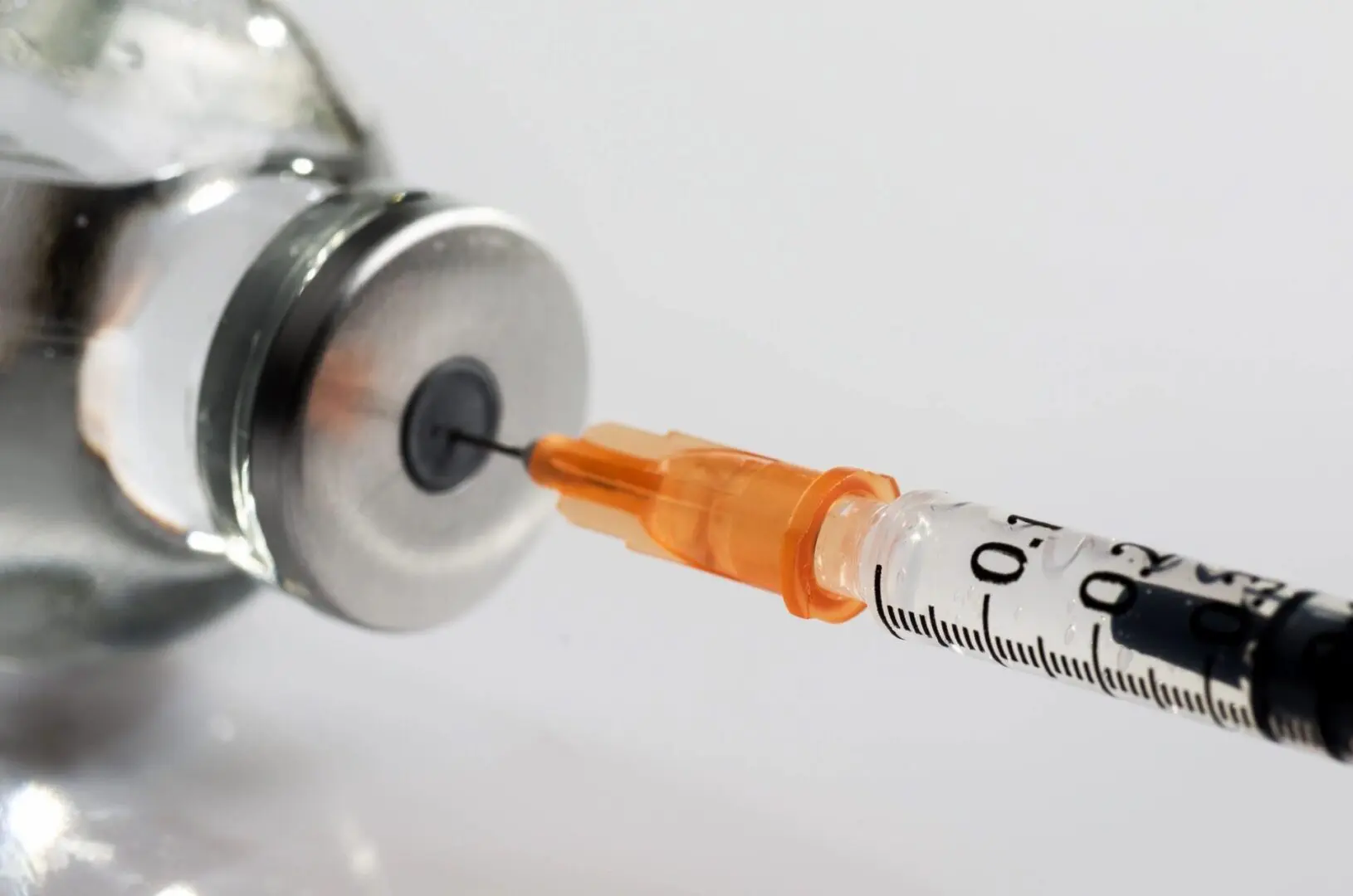Search Posts
Recent Posts
- Real Estate in RI: Seaside waterfront communities are all the rage. Who’s buying – Emilio DiSpirito June 6, 2025
- Outdoors in RI: 2A votes, Charter Yachts, active summer programs, garden tours, aquatic weeds… June 6, 2025
- All About Home Care, with two Rhode Island locations, closing after 22 years in business June 6, 2025
- GriefSPEAK: Angel wings with footprints – Mari Nardolillo Dias June 6, 2025
- Rhode Island Weather for June 6, 2025 – Jack Donnelly June 6, 2025
Categories
Subscribe!
Thanks for subscribing! Please check your email for further instructions.

21 advocacy groups recommend lowering age for Pneumonia vaccine to 50+ – Herb Weiss
National Groups Call for Making Pneumonia Vaccines Available to Age 50 and Over Adults
By Herb Weiss, contributing writer on aging issues
Within days, a loose coalition of 21 advocacy groups are pushing for the Centers for Disease Control and Preventions (CDC)’s Advisory Committee on Immunization Practices (ACIP), which meets on Oct. 23 and Oct. 24, to lower the routine age-based recommendation for all pneumonia vaccines to age 50.
These groups, working on behalf of millions of older Americans, immunocompromised, underserved patient populations and consumers, see the value of increasing the accessibility of effective vaccines for respiratory viruses.
ACIP’s October agenda may include a vote on lowering the routine, age-based recommendation for pneumonia vaccines to add those ages 50 to 64 to the existing two groups in the age-based recommendation, those under 5 and over 65.
According to Bob Blancato, Executive Director of the National Association of Nutrition and Aging Services Programs (NANASP), CDC typically holds three ACIP meetings each year with one occurring in February, one in June and one in October. “The upcoming meeting is especially critical because we are right in the middle of respiratory season, so any change they make to their recommendation can greatly benefit older Americans while the threat of pneumonia is very much still circulating in our environments,” he says.
“Also, just given the fact that there are only three meetings a year, it is important that the committee take the opportunities to improve policies during each meeting so we aren’t further restricting access to protections that so many in our population will benefit from,” adds Blancato.
This coalition, composed of aging, consumer, health and multicultural advocacy groups, calls for federal policies that support the well-being of older adults that remove barriers to accessing innovative and effective vaccines, given the real benefits they offer in preventing serious health outcomes, says Blancato.
Preventing Pneumococcal Disease in Adults
According to CDC, pneumococcal pneumonia, meningitis, and bloodstream infections (sepsis) kills tens of thousands older Americans each year, including thousands of older adults age 54 and over.
CDC estimates that 150,000 older Americans are hospitalized with pneumococcal pneumonia each year. About 1 in 20 individuals who get pneumococcal pneumonia will die. The death rate is higher for those individuals age 65 and older.
Persons surviving pneumococcal meningitis can suffer from hearing loss, seizures, blindness, and paralysis, says CDC. For those afflicted with pneumococcal bloodstream infections, treatments require hospitalization, often requiring weeks or months of treatment before returning to normal activities.
Getting conjugate and polysaccharide pneumococcal vaccines can reduce a persons chance of contracting or dying from pneumococcal disease, notes CDC.
Protecting the Older At-Risk Ethnic Population
The Oct. 15 letter to ACIP, co-authored by the National Association of Nutrition and Aging Services Programs (NANASP), National Caucus and Center on Black Aging (NCBA) and the National Hispanic Council on Aging (NHCOA), stated that lowering the age would increase vaccination rates for at-risk ethnic populations. Over 53 percent of Black, 41 percent of Hispanic, 50.2 percent of Asian Americans have been vaccinated for pneumonia, compared to 69 percent of White adults, noted the correspondence. It also stressed that by offering a vaccine to persons ages 50 to 64, who experience a decline in their immune system, would receive protection while their immune systems are still able to produce a robust response.
“It has been over three years since ACIP first presented data at the June 2021 meeting showing that lowering the age-based recommendation would improve vaccine equity,” said NANASP’s Blancato. “There is no reason to delay this further,” he says.
“Too many Black and Hispanic individuals face chronic illnesses like diabetes, heart disease and cancer, due to lack of preventable health care early in life. Far too many are already sick by the time they are currently eligible for pneumococcal vaccinations,” said Yanira Cruz, President and CEO of the National Hispanic Council on Aging (NHCOA), “Getting more adults in these populations vaccinated at a younger age is a great step forward in vaccine equity”.
“I’ve had pneumonia and it knocked me out for nearly three months,” said Karyne Jones, President and CEO of National Caucus and Center on Black Aging (NCBA). “I contracted the disease when I was 64 – I know first-hand the value of getting younger people vaccinated against this deadly disease. I ask members of ACIP to fully support lowering the recommendation to age 50 for all adults for all available pneumococcal vaccines.”
In addition to the group letter, an online petition organized by NANASP has garnered more than five thousand signatures from Americans across the nation.
“As we begin the respiratory disease season, our policies should be about promoting protection versus limiting across to vaccines. The support for lowering the age-based recommendation is clearly there so now is the time for ACIP to act,” continued Blancato.
If ACIP lowers the recommended age of providing vaccinations to persons age 50 and over, commercial plans and Medicaid would be mandated to cover its cost. Medicaid plans would be required cover the costs for low-income recipients as soon as the recommendation is approved by the CDC Director – like for Medicare Part D plans.
By offering coverage of pneumococcal vaccinations, to persons ages 50 to 64, would offer critical protections to these individuals before their immune system wanes. This cost-effective approach would reduce serious illness, ultimately reducing hospitalization and death.
The CDC should streamline and lower the age recommendations for routine pneumococcal vaccinations, starting at age 50. It’s a no-brainer decision.
Here is a listing of groups signing correspondence to CDC’s Advisory Committee on Immunization Practices: National Association of Nutrition and Aging Services Programs; National Caucus and Center on Black Aging; National Hispanic Council on Aging; Alliance for Aging Research; ALS Association; American Public Health Association; American Society on Aging; COPD Foundation; Generations United; HealthHIV; HealthyWomen; National Alliance for Caregiving; National Consumers League; National Grange; National Hispanic Health Foundation; National Minority Quality Forum; Sepsis Alliance; The American Society of Consultant Pharmacists; USAging; US Black Chambers, Inc.; and Vasculitis Foundation.
___
To read more articles by Herb Weiss, go to: https://rinewstoday.com/herb-weiss/

Herb Weiss, LRI -12, is a Pawtucket-based writer who has covered aging, health care and medical issues for over 43 years. To purchase his books, Taking Charge: Collected Stories on Aging Boldly and a sequel, compiling weekly published articles, go to herbweiss.com.


[…] Read full article here. […]